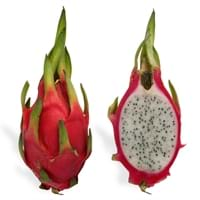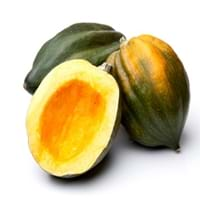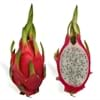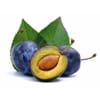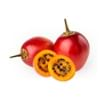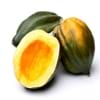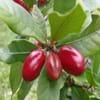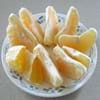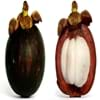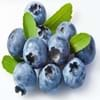Health Benefits
Anti-oxidant properties, Anti-aging benefits, Maintains healthy cholesterol level, Weight loss properties
Anti-inflammatory properties, Arthritis treatment, Regulates Blood Sugar
General Benefits
Helps in weight loss, Suppresses Arthritis
Boosts immune system, Controls blood sugar levels, Digestive aid
Skin Benefits
Anti-aging benefits, Heals sunburn, Treatment of acne
Nourishes skin, Protects skin from oxidative stress
Hair Benefits
Treatment of colored hair
Prevents hair loss, Promotes longer and healthier hair, Regulates hair growth
Allergy Symptoms
NA
Asthma, Red rash, Swelling of mouth, tongue or lips
Side Effects
NA
Diarrhoea, Vomiting
Lactating Women
Not Available
Yes
Best Time to Eat
Any time except an hour after meal, Don't consume at night and before bed
Along with meal, As a snack in the late afternoon, Don't eat after meal, Eat the fresh ones, avoid mixing with any other foods, don't eat after meal.
Vitamin A (Retinol)
Not Available
Vitamin B5 (Pantothenic Acid)
Not Available
Vitamin B6 (Pyridoxin)
Not Available
Vitamin B9 (Folic acid)
Not Available
Vitamin C (Ascorbic Acid)
Calories in Fresh Fruit with Peel
Calories in Fresh Fruit without Peel
Not Available
Not Available
Calories in Frozen Form
Not Available
Calories in Dried Form
Not Available
Calories in Canned Form
Not Available
Calories in Pie
Not Available
Type
Berry, Citrus, Fruit vegetable, Melon, Tree fruit, Tropical
Berry
Season
Early fall, Summer
Winter
Varieties
Selenicereus megalanthus and Hylocereus polyrhizus
Bush Table Queen, Heirloom Table Queen, Festival Hybrid, Early Acorn Hybrid, Table Ace, Ebony and Cream of the Crop
Color
Magenta, Pink
Dark green, Green-yellow, Orange green
Inside Color
White
Yellow
Origin
Central America, Mexico
Central America, North America, Unknown
Soil Type
NA
Well-drained
Climatic Conditions
NA
Cold, Sunny
Facts about
NA
- It was named as Acorn Squash for its resemblance to a large ribbed acorn.
- It is said that squash was being grown in Mexico as long as 10,000 years ago.
- It was the first food cultivated by native American Indians.
Other Countries
NA
Egypt, India, Iran, Italy, Mexico, Russia, Turkey, Ukraine, United States of America
Top Importer
China
Costa Rica
Top Exporter
Vietnam
United States of America
Botanical Name
Hylocereus undatus
Cucurbita Pepo
Synonym
Pitaya, Red Pitahaya, Night blooming Cereus, Strawberry Pear, Belle of the Night, Conderella plant
Winter Squash
Subkingdom
Tracheobionta
Tracheobionta
Division
NA
Magnoliophyta
Class
Not Available
Magnoliopsida
Subclass
Liliidae
Dillenhidae
Order
Caryophyllales
Cucurbitales
Family
Cactaceae
Cucurbitaceae
Genus
Hylocereus
Cucurbita
Generic Group
Cactus
Not Available
Compare Dragonfruit and Acorn squash
It is important compare Dragonfruit and Acorn squash as both the fruits have a different nutritional value. Their comparison can be done on the basis of their vitamin and mineral content, calories, benefits as well as characteristics, making it easier for us to choose the best fruit for our diet. Their general health benefits are as follows:
Dragonfruit Benefits: helps in weight loss and suppresses arthritis.
Acorn squash Benefits: boosts immune system, controls blood sugar levels and digestive aid.
Fruits are also used as a remedy for various hair problems. The hair benefits of Dragonfruit are: treatment of colored hair and hair benefits of Acorn squash are: prevents hair loss, promotes longer and healthier hair and regulates hair growth. Some fruits are known to cause allergic reactions. The allergy symptoms of first fruit are: na and the symptoms of second fruit are: asthma, red rash and swelling of mouth, tongue or lips. Get sorted Dragonfruit vs Acorn squash comparison with the help of fruit comparison tool by fruitvs.com.
